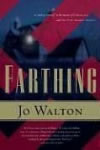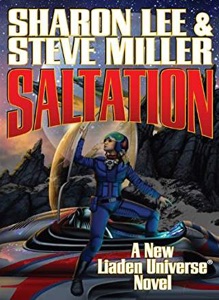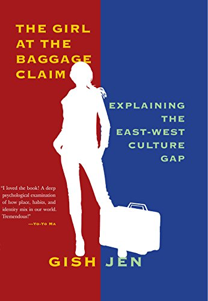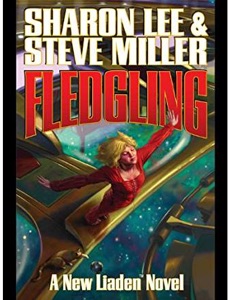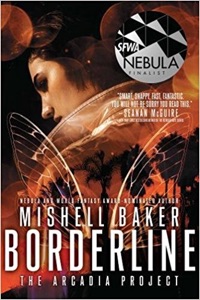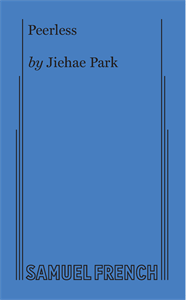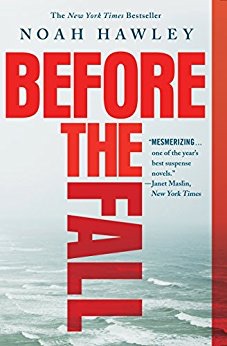by Laura Thompson
In the New York Times, Tina Brown hit this one on the head. “Oh no! Not another book about the Mitfords! That was my instant reaction,” she began, only to begin the next paragraph, “How wrong I was. “The Six” is riveting.”
The Mitfords were six famously beautiful daughters (plus a son, whom everyone always forgets), born to Lord and Lady Redesdale between 1904 and 1920. They knew everyone. They went to the best parties. They wrote. They quarreled, and because they wrote books about their quarrels, everyone eventually knew everything.
What Laura Thompson gets right here is that the group story of the sisters is a story of an unhappy family, and so the biographer’s chief task is to explain their specific, differentiating unhappiness. This makes the pivot of the tale the fourth sister, Unity Valkyrie Mitford, who became an ardent Nazi and who, when England declared war on Germany, shot herself in Münich’s Englischer Garten for love of Hitler. Unity tends to be an afterthought in other Mitfordiana, but of course her story is central: if this had been a large family of obscure Canadians, her tragic suicide would naturally be the central issue and her Nazi affinities the central problem. (Mom and Dad were pro-German anti-Semites, though that might have been a gesture to humor the girls: it’s nice to take an interest in your adolescent hobbies, and if your adolescent’s hobby is Hitler, well, you’ve got a handful, don’t you? Big sister Diana married Oswald Mosley, leader of the British Union of Fascists. Little sister Jessica started as an ardent Communist and wound up a Berkeley, California journalist and civil rights activist. Nancy, the oldest girl, spent most of her life as the paramour of DeGaulle’s chief of staff. Whatever olive branches and indulgences were attempted, they didn’t work.)
What Tina Brown overlooks, however, is that Laura Thompson’s own sympathies lead her repeatedly to excuse the fascist Mitfords while denouncing Jessica’ milder and less consequential sympathy for Communism. Time and again, we are reminded that Stalin (whom Jessica implicitly supported) was monstrous. Jessica’s elopement with communist Esmond Romilly was inconsiderate — for some days, her parents didn’t know if she was alive or dead — but marrying an aristocratic British leftist is not, as Thompson seems sometimes to believe, even worse than falling ion love with Adolf Hitler. Hitler’s enormity goes without saying, but Stalin’s is constantly asserted in a way that seems almost to excuse Unity’s absurd infatuation and the rest of the family’s fawning socializing with the Nazi ministry.
